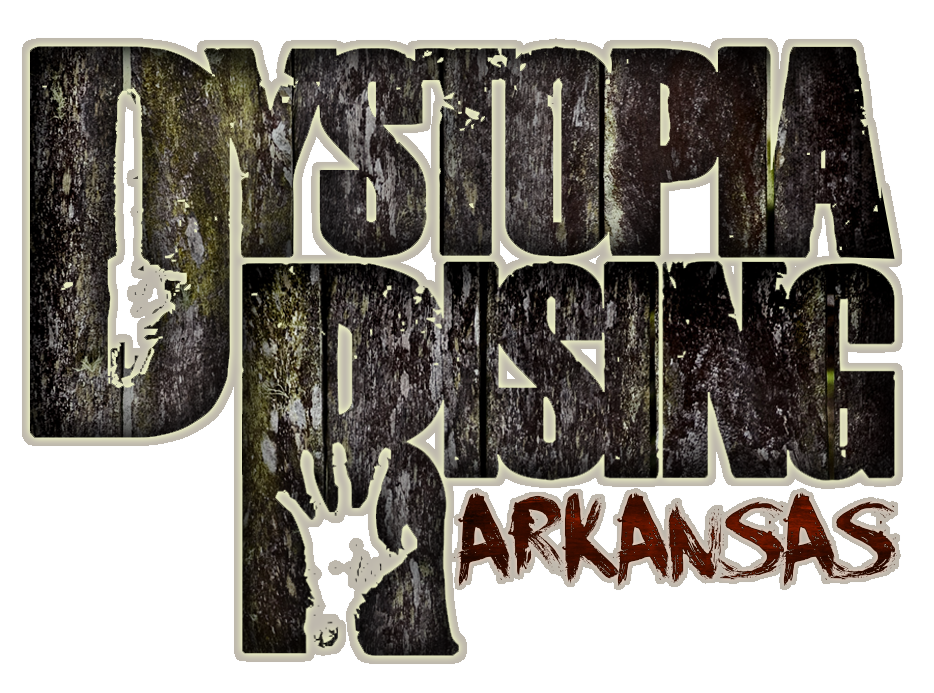Howdy, Wastelanders!
And welcome to today’s Pro-Tip Thursday! Special topic today - Metagaming. Let’s dig in!
Metagaming is a common term that we’ve all heard before in ANY role playing game. But it all means the same thing. Metagaming is taking out of character knowledge and using that knowledge to make in-game decisions or actions even though your character should have no knowledge of the topic.
An example of metagaming would be this. Let’s say Nikki and I are just hanging out OUTSIDE of the game. It’s an off week and we’re not onsite, let alone in our kits. But we’re discussing our characters, motivations, etc. Nikki discloses to me that her character, Shelagh, has a fracture that makes Shelagh go on a murder spree. Obviously, Nikki is nervous about it because it could cause some major friction with her character and has the possibility of CvC. Next game comes around and I remember that Nikki discloses to me about Shelagh’s fracture. So the first thing that I do as my character, Sierra, is to go fix her fracture without any medical checks or speaking to her about it. Sierra just goes and does it. Because I made Sierra react to the out of game information, I just metagame.
“But Lauren, how do I differentiate between out of game knowledge and in character knowledge?! Sometimes I get confused.” Super fair, random voice that I gave life to in order to transition to this next point. There are many ways to check if information you are gathering is in character or out of character. For example, if you’re not in the game space and you’re just shooting the shit with your friends, what you tell them there is treated as out of character knowledge.
That being said, sometimes there are moments in game where that line gets blurred due to various reasons. In that case, you can use the out of character symbol (closed fist held on top of head) and go find a guide to ask for a clarification. Then, you can act accordingly with the response you’ve been given.
There are also moments out of the game that you can set up for in character knowledge. For example, we have two discord channels that are titled with “IC”. “IC” is “In Character”. Anything shared in those channels are in fact in character and common knowledge. Some folks will have soft RP chats outside of the game. Obviously, that information shared in those channels and spaces are in character knowledge and can be acted upon. If you can’t remember if specific information you’re wanting to act on is in-game or out of game knowledge, RP it where you’re finding out information again or ask a guide if it’s common knowledge. That way, you’re protecting yourself from any potential missteps or errors.
Let’s talk about the in-character (IC) and out of character (OOC) spaces at Rogers Scout Reservation. There are a handful of spaces at the site that are considered IC and OOC. Here’s that list:
OOC
The entire site before 9:00 PM on Friday and the entire site after 12:00 PM on the following Sunday
The medical cabin
The lodge on the hill
Personal tents and sleeping spaces
Ops center (unless the Ops guide you’re with is working with you on something and specifies otherwise)
DJ Yard (Where the cars are parked)
IC
The entire site starting at 9:00PM Friday night until 12:00 PM Sunday afternoon
Spaces OUTSIDE of sleeping areas
The tents can get a little convoluted sometimes. But those need to be treated as an out of character space overall. A lot of folks play different LC’s or NPCs and utilize their tent spaces to make the change of characters. That should not be held against a player. Let’s say that at game, I decide that I want to play my alternative character. I’m going to my tent to change out of one kit and into another. If another character takes the chance to trail and follow Sierra to gather information/murder/whatever, they have up until I get into my tent to make an action. Otherwise, they must treat the next person who steps out of the tent as a new face. Unless Sierra herself steps back out. If that’s the case, then they can resume as normal.
Remember where the in-character spaces are. Whatever you say in the character spaces are considered in-character as long as no one is making the out of character symbol. So if your character decides to LOUDLY whisper a secret to another character and some passerby catches it, that’s on your character. However, if you’re having out of game conversations with other players, ensure that you’re in a space in which you’re having the discussion is out of sight and earshot of other players. Please refrain from having out of character conversations that last more than a minute in in-character spaces.
Dystopia Rising isn’t just a physical combat game. There’s a myriad of social interactions that take place. We always ask people to respect the spirit of the game. Respect your fellow players and the space in which they’re sharing information. If you’re ever unsure, ask the clarifying question.
Now, go forth and have fun at game this weekend. Make good choices and stay safe in the wastes!

